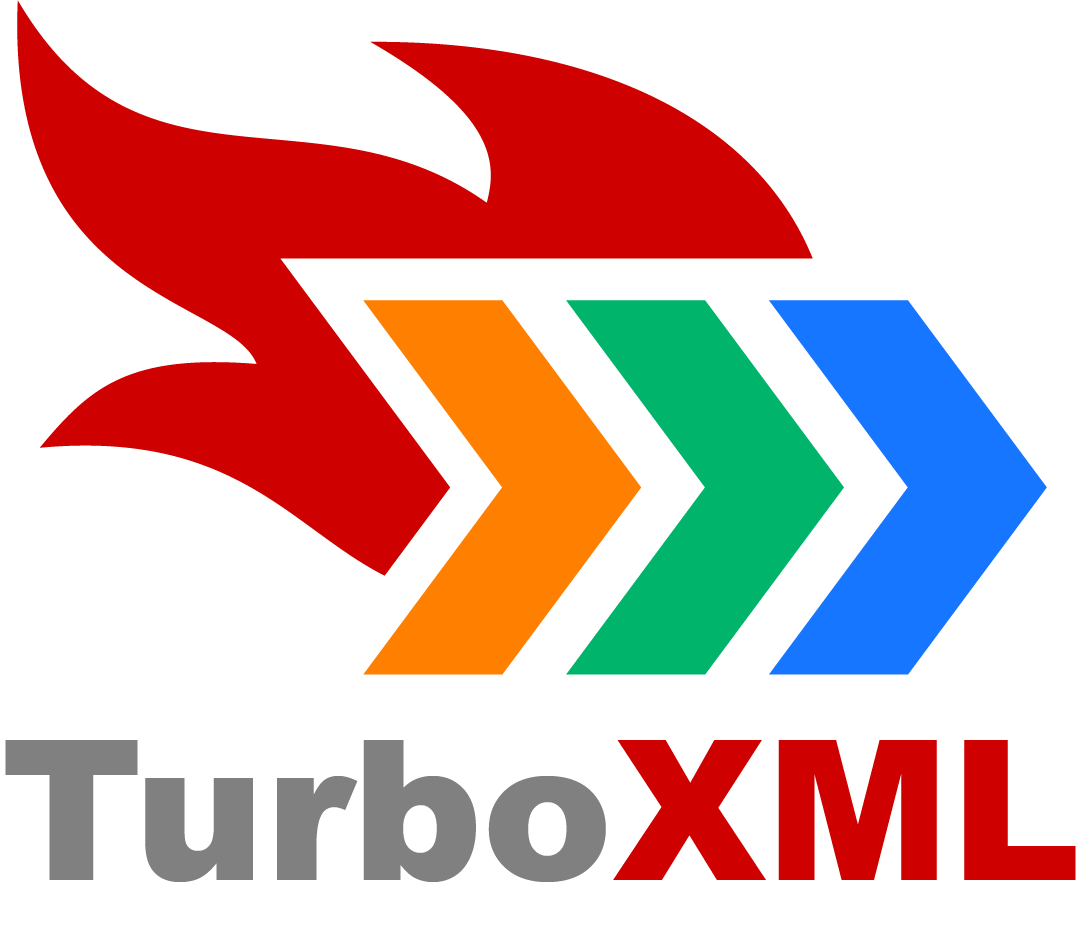Ecosyste.ms: Awesome
An open API service indexing awesome lists of open source software.
https://github.com/xoofx/turboxml
A .NET library to parse XML at lightspeed with zero allocation.
https://github.com/xoofx/turboxml
csharp dotnet xml
Last synced: 3 months ago
JSON representation
A .NET library to parse XML at lightspeed with zero allocation.
- Host: GitHub
- URL: https://github.com/xoofx/turboxml
- Owner: xoofx
- License: bsd-2-clause
- Created: 2024-02-07T19:20:48.000Z (about 1 year ago)
- Default Branch: main
- Last Pushed: 2024-03-17T14:07:45.000Z (11 months ago)
- Last Synced: 2024-09-30T01:17:26.508Z (4 months ago)
- Topics: csharp, dotnet, xml
- Language: C#
- Homepage:
- Size: 175 KB
- Stars: 97
- Watchers: 5
- Forks: 3
- Open Issues: 1
-
Metadata Files:
- Readme: readme.md
- License: license.txt
Awesome Lists containing this project
README
# TurboXml [](https://github.com/xoofx/TurboXml/actions/workflows/ci.yml)  [](https://www.nuget.org/packages/TurboXml/)

TurboXml is a .NET library that provides a lightweight and fast [SAX - Simple API XML parser](https://en.wikipedia.org/wiki/Simple_API_for_XML) by using callbacks.
> This is the equivalent of `System.Xml.XmlReader` but faster with no allocations. 🚀
## ✨ Features
- Should be slightly faster than `System.Xml.XmlReader`
- **Zero Allocation XML Parser**
- Callbacks received `ReadOnlySpan` for the parsed elements.
- Parse from small to very large XML documents, without allocating!
- **Optimized with SIMD**
- TurboXml is using some SIMD to improve parsing of large portions of XML documents.
- Provide **precise source location** of the XML elements parsed (to report warning/errors)
- Compatible with `net8.0+`
- NativeAOT ready
## 📃 User Guide
TurboXML is in the family of the [SAX parsers](https://en.wikipedia.org/wiki/Simple_API_for_XML) and so you need to implement the callbacks defined by [`IXmlReadHandler`](https://github.com/xoofx/TurboXml/blob/main/src/TurboXml/IXmlReadHandler.cs).
By default this handler implements empty interface methods that you can easily override:
```c#
var xml = "Hello World!";
var handler = new MyXmlHandler();
XmlParser.Parse(xml, ref handler);
// Will print:
//
// BeginTag(1:23): root
// Attribute(1:28)-(1:36): enabled="true"
// Content(1:43): Hello World!
// EndTag(1:57): root
struct MyXmlHandler : IXmlReadHandler
{
public void OnBeginTag(ReadOnlySpan name, int line, int column)
=> Console.WriteLine($"BeginTag({line + 1}:{column + 1}): {name}");
public void OnEndTagEmpty()
=> Console.WriteLine($"EndTagEmpty");
public void OnEndTag(ReadOnlySpan name, int line, int column)
=> Console.WriteLine($"EndTag({line + 1}:{column + 1}): {name}");
public void OnAttribute(ReadOnlySpan name, ReadOnlySpan value, int nameLine, int nameColumn, int valueLine, int valueColumn)
=> Console.WriteLine($"Attribute({nameLine + 1}:{nameColumn + 1})-({valueLine + 1}:{valueColumn + 1}): {name}=\"{value}\"");
public void OnText(ReadOnlySpan text, int line, int column)
=> Console.WriteLine($"Content({line + 1}:{column + 1}): {text}");
}
```
## 📊 Benchmarks
The solution contains 2 benchmarks:
- `BenchStream` that parses 240+ MSBuild xml files (targets and props) from the .NET 8 (or latest SDK) installed
- `BenchString` that parses the `Tiger.svg` in memory from a string.
In general, the advantages of `TurboXml` over `System.Xml.XmlReader`:
- It should be slightly faster - from 10% to 30% - or more, specially if tag names, attributes or even content are bigger than 8 consecutive characters by using SIMD instructions.
- It will make almost **zero allocations** - apart for the internal buffers used to pass data as `ReadOnlySpan` back the the XML Handler.
### Stream Results
```
BenchmarkDotNet v0.13.12, Windows 11 (10.0.22631.3085/23H2/2023Update/SunValley3)
AMD Ryzen 9 7950X, 1 CPU, 32 logical and 16 physical cores
.NET SDK 8.0.101
[Host] : .NET 8.0.1 (8.0.123.58001), X64 RyuJIT AVX-512F+CD+BW+DQ+VL+VBMI
DefaultJob : .NET 8.0.1 (8.0.123.58001), X64 RyuJIT AVX-512F+CD+BW+DQ+VL+VBMI
```
| Method | Mean | Error | StdDev | Gen0 | Gen1 | Allocated |
|-------------------------------- |---------:|----------:|----------:|---------:|--------:|-----------:|
| TurboXml - Stream | 3.881 ms | 0.0151 ms | 0.0126 ms | - | - | 13.18 KB |
| System.Xml.XmlReader - Stream | 4.409 ms | 0.0431 ms | 0.0382 ms | 375.0000 | 46.8750 | 6248.56 KB |
## String Results
| Method | Mean | Error | StdDev | Gen0 | Gen1 | Allocated |
|--------------------- |---------:|---------:|---------:|--------:|-------:|----------:|
| TurboXml | 54.60 us | 0.535 us | 0.501 us | - | - | - |
| System.Xml.XmlReader | 75.34 us | 0.381 us | 0.357 us | 11.5967 | 0.8545 | 194384 B |
## 🚨 XML Conformance and Known Limitations
This parser is following the [Extensible Markup Language (XML) 1.0 (Fifth Edition)](https://www.w3.org/TR/xml/) and **should support any XML valid documents**, except for the known limitations described below:
- For simplicity of the implementation, this parser does not support DTD, custom entities and XML directives (``). If you are looking for this, you should instead use `System.Xml.XmlReader`.
- This parser checks for well formed XML, matching begin and end tags and report an error if they are not matching
- This parser does not check for duplicated attributes.
- It is the responsibility of the XML handler to implement such a check. The rationale is that the check can be performed more efficiently depending on user scenarios (e.g bit flags...etc.)
## 🏗️ Build
You need to install the [.NET 8 SDK](https://dotnet.microsoft.com/download/dotnet/8.0). Then from the root folder:
```console
$ dotnet build src -c Release
```
## 🪪 License
This software is released under the [BSD-2-Clause license](https://opensource.org/licenses/BSD-2-Clause).
## 🤗 Author
Alexandre Mutel aka [xoofx](https://xoofx.github.io).